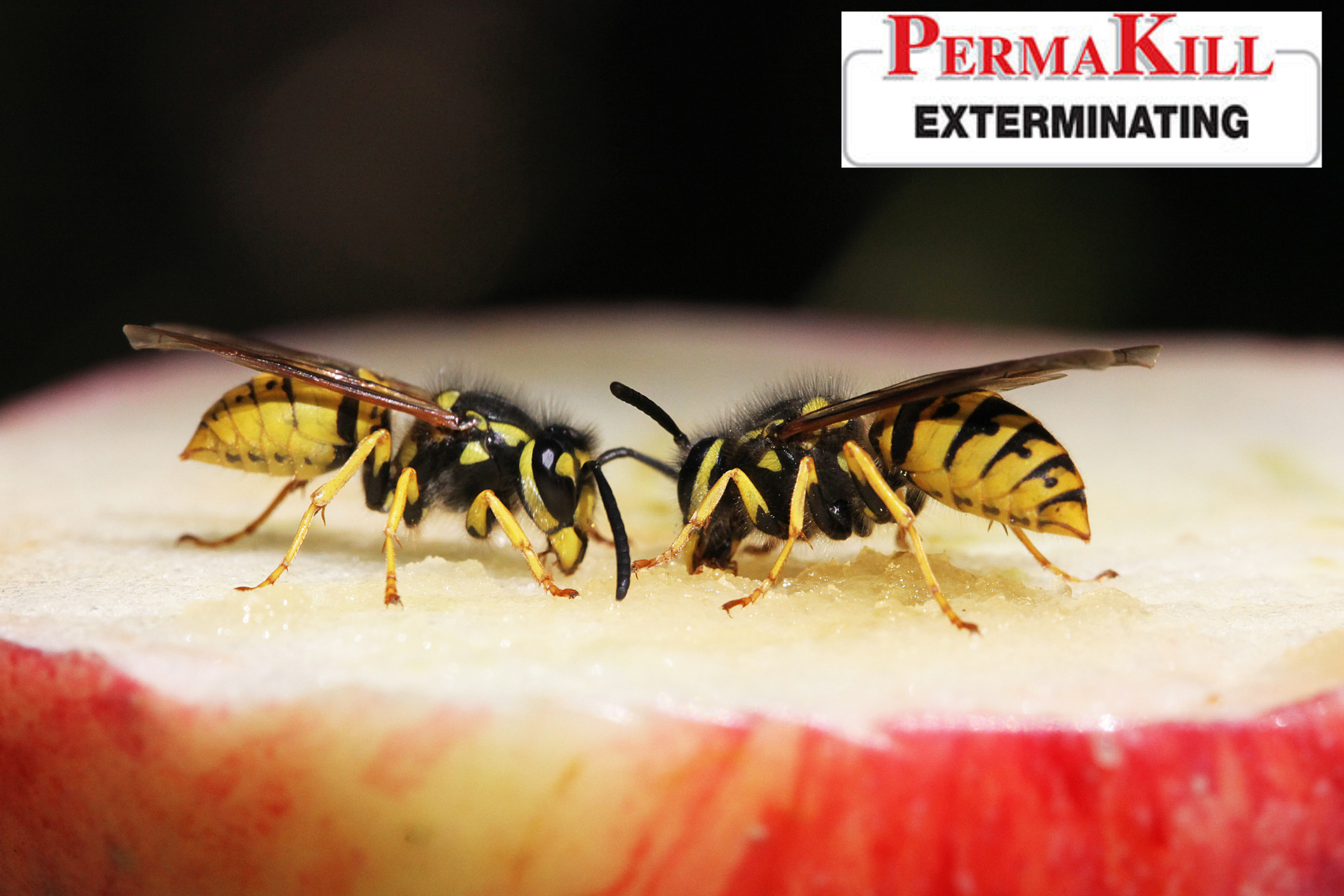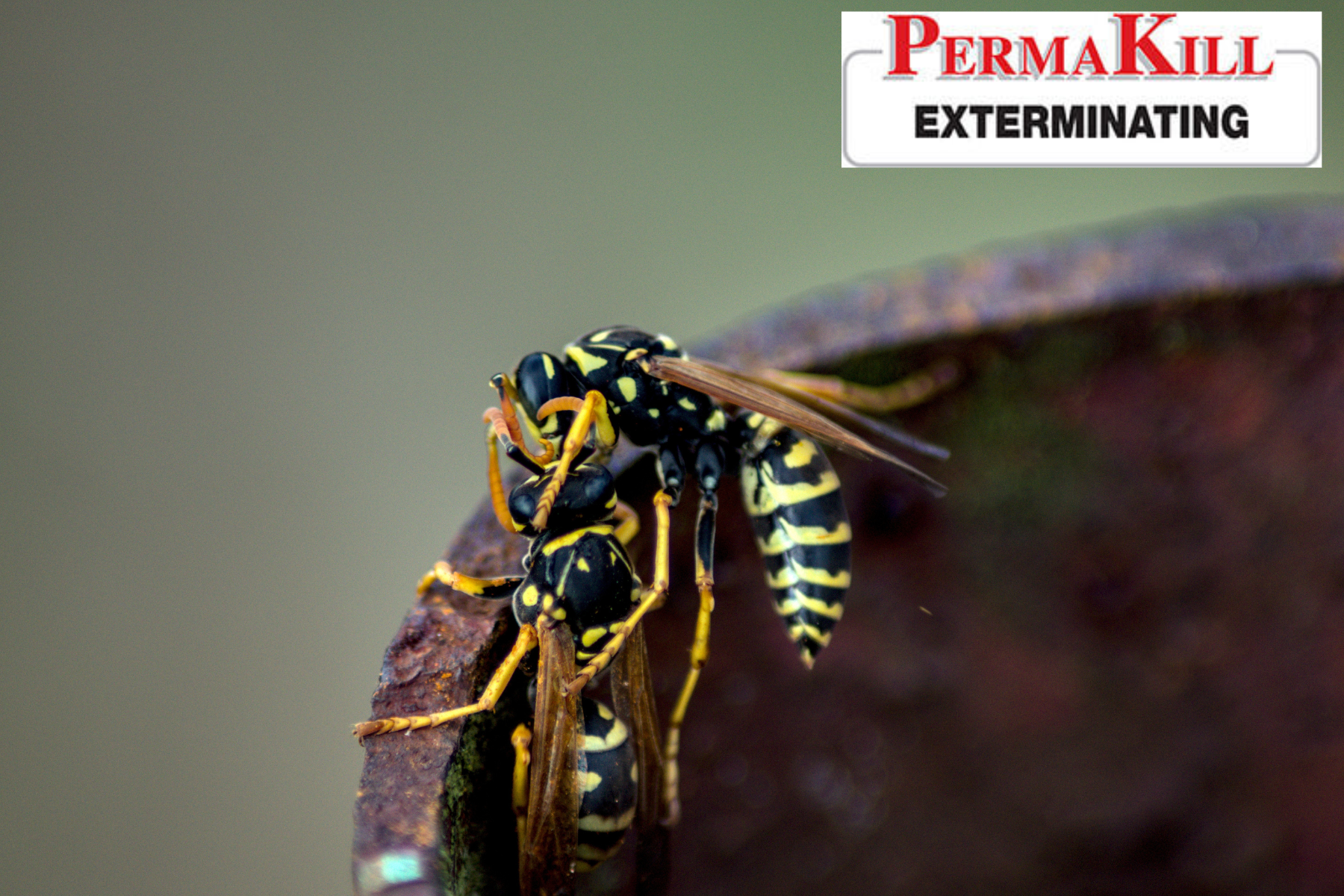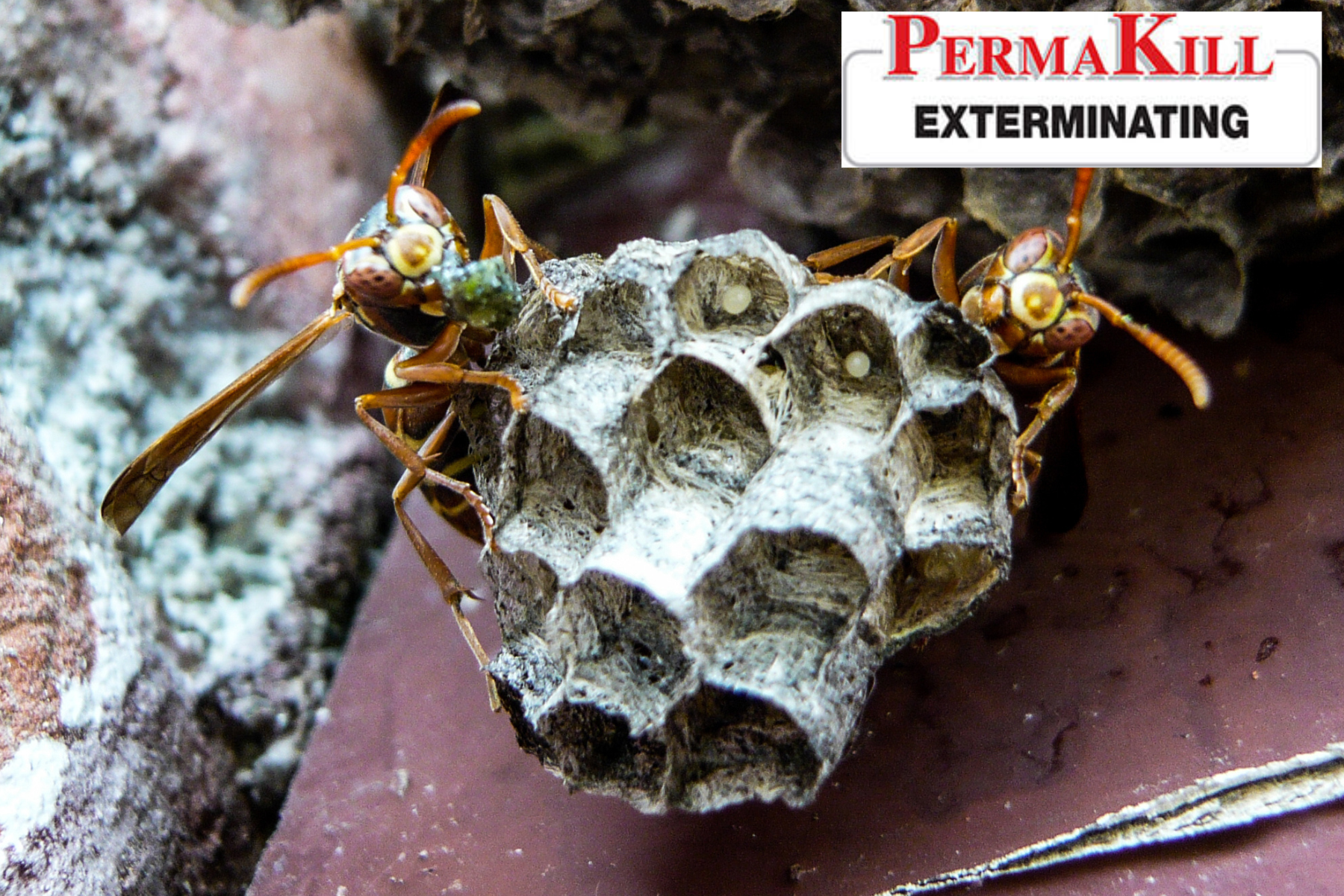- Flanders, NJ
- Login
- Reviews
- FAQ
- Newsletter
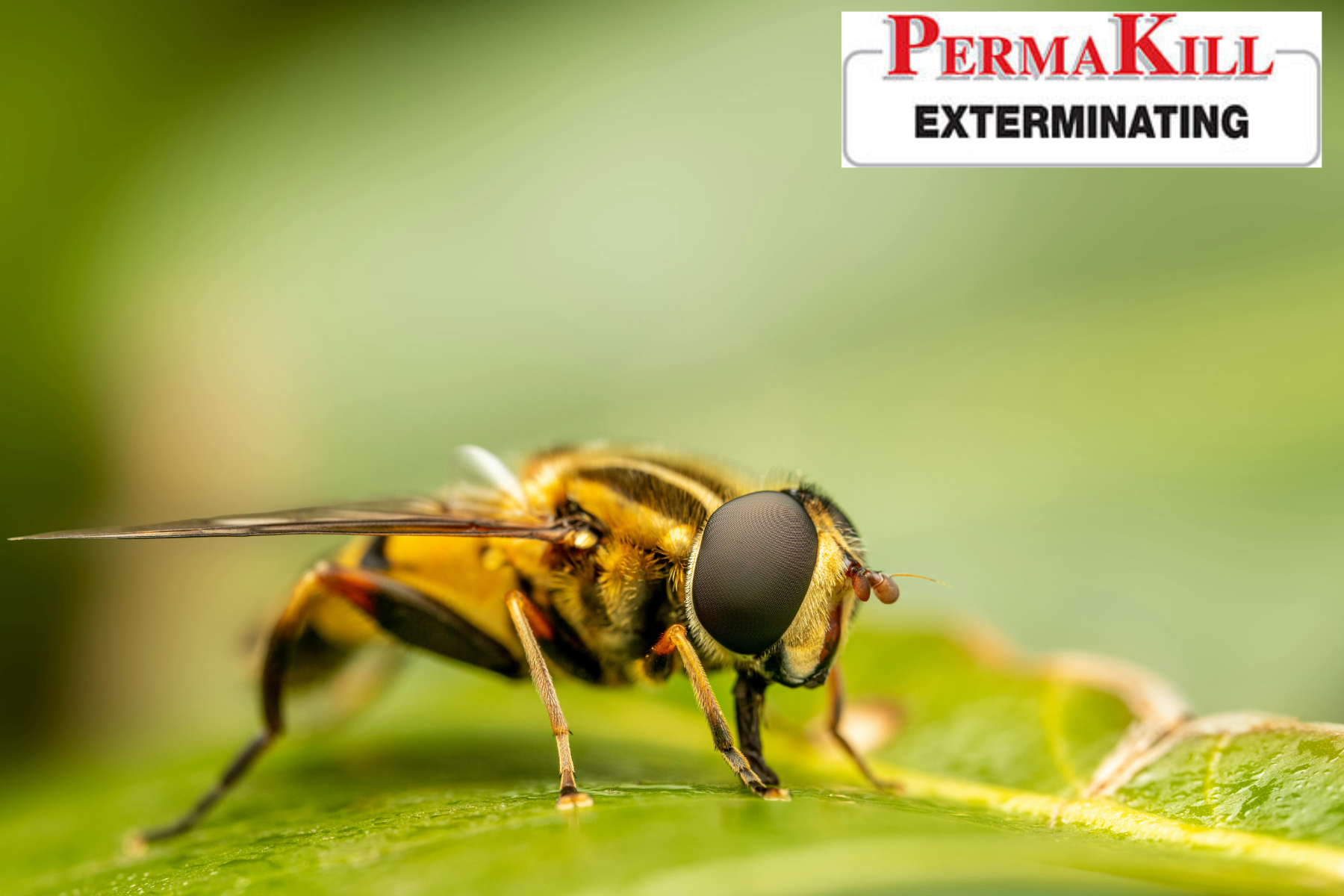
How to Choose the Right Wasp Repellent: A Buyer’s Guide for Every Situation
Wasps can be a nuisance, especially during warmer months when they are most active. Their aggressive behavior and painful stings can make spending time outdoors uncomfortable and potentially dangerous for individuals who are allergic to their venom. If you find yourself dealing with wasps in your yard or near your home, it’s essential to know how to choose the right wasp repellent that suits your situation. This buyer’s guide will help you make an informed decision by exploring various options and tips for selecting the most effective solution.
Understanding Wasp Behavior
Before diving into the specifics of choosing the right wasp repellent, it’s important to understand a bit about wasp behavior. Wasps are highly territorial insects that often build nests in sheltered areas, such as eaves, attic spaces, tree branches, or underground. Unlike bees, which only sting when provoked, wasps can become aggressive when they feel their nest is threatened. Their stings can cause painful reactions, and for some, allergic reactions can be life-threatening.
Choosing the best repellent depends on various factors, such as the level of infestation, the location of the wasps, and your preferred method of pest control. Whether you’re looking for a chemical or natural solution, several effective options are available.
Types of Wasp Repellents
There are two main categories of wasp repellents: chemical-based and natural repellents. Each has its pros and cons, and the best choice for you will depend on your specific needs and preferences.
Chemical Wasp Repellents
Chemical-based wasp repellents are widely available and can be highly effective in eliminating wasps. These products typically contain insecticides designed to target the nervous system of the wasps, killing them on contact. They come in various forms, including sprays, traps, and powders.
- Wasp Spray: Wasp sprays are the most commonly used chemical repellents. They are available in aerosol cans and allow you to target wasps from a distance. Many wasp sprays also create a foam that expands upon contact, making it harder for wasps to escape.
- Wasp Traps: Wasp traps work by attracting wasps with a bait (often a sugary liquid) and trapping them inside. While these traps can be useful in reducing wasp populations, they may take some time to work and may not address the root of the problem if the nest is nearby.
- Powdered Insecticides: These are often used to target wasp nests directly. The powder is applied to the nest, and the wasps carry it back to the colony, eventually causing it to die off.
While chemical repellents are effective, they can also be harmful to the environment, pets, and beneficial insects, such as bees. It’s essential to follow the instructions and apply these products with care.
Natural Wasp Repellents
For those seeking a more eco-friendly and non-toxic approach, natural wasp repellents provide a safer alternative. These repellents often utilize essential oils, herbs, or other natural ingredients to repel wasps without harming the environment or your health.
- Essential Oils: Certain essential oils, including peppermint, eucalyptus, citronella, and lemongrass, possess natural insect-repellent properties. You can mix a few drops of these oils with water and spray the mixture around areas where wasps are active. The strong scent of these oils can deter wasps from coming near your home or yard.
- Vinegar Solution: A mixture of vinegar and water can also be an effective natural repellent. The strong smell of vinegar irritates wasps and discourages them from approaching. To use this method, simply spray the mixture on wasp nests or around areas where wasps are frequenting.
- Cucumber: Wasps dislike the scent of cucumber. Placing cucumber slices or peels in areas where wasps are active can help keep them away. This method is particularly useful for smaller infestations or as a preventative measure.
Choosing the Right Wasp Repellent for Your Needs
When selecting a wasp repellent, it’s important to consider your unique situation. Here are a few factors to help guide your decision:
1. Size and Location of the Wasp Nest
The size and location of the wasp nest will significantly impact your choice of repellent. If you’re dealing with a small nest or a few wasps near your porch or garden, a simple natural repellent, such as an essential oil spray, may be sufficient. For larger infestations or nests that are difficult to reach, a chemical wasp spray or powder may be necessary to eliminate the problem effectively.
2. Safety Concerns
If you have pets or small children, or if you’re concerned about the safety of beneficial insects, natural wasp repellents are a safer option. Many chemical-based sprays contain harmful toxins that can affect non-target species, including pollinators like bees. For those looking for an eco-friendly solution, natural wasp repellent options are ideal.
3. Effectiveness and Speed
Chemical repellents tend to be more effective at eliminating wasps quickly. They are designed to kill wasps on contact and are ideal for immediate action. However, natural repellents can be effective over time and are a good choice for long-term prevention. If you’re looking for an immediate solution, you may want to consider a wasp repellent that works quickly, such as a wasp spray.
4. Application Area
If the wasp nest is located in an area that is difficult to reach, such as high up in a tree or in an attic, you may need to use a product that can be applied from a distance, like a wasp spray. For nests located on the ground or in more accessible areas, a wasp trap or natural repellent might be sufficient.
Additional Wasp Control Methods
In addition to repellents, there are a few other methods to help manage wasp populations and prevent future infestations:
1. Seal Entry Points
One of the best ways to keep wasps from invading your home is to seal any potential entry points. Ensure that windows, doors, and vents are securely closed, and repair any cracks or holes in your home’s exterior. This will help keep wasps from finding their way inside.
2. Remove Food Sources
Wasps are attracted to sugary substances, so keeping food sources away from outdoor areas is essential. Keep trash bins tightly sealed and clean up spills or food debris promptly to avoid attracting wasps.
3. Professional Help
If you’re dealing with a large infestation or a difficult-to-reach nest, it’s best to call a professional pest control expert. Local pest control services, such as pest control Parsippany NJ, can provide the necessary expertise and tools to safely and effectively handle a wasp infestation.
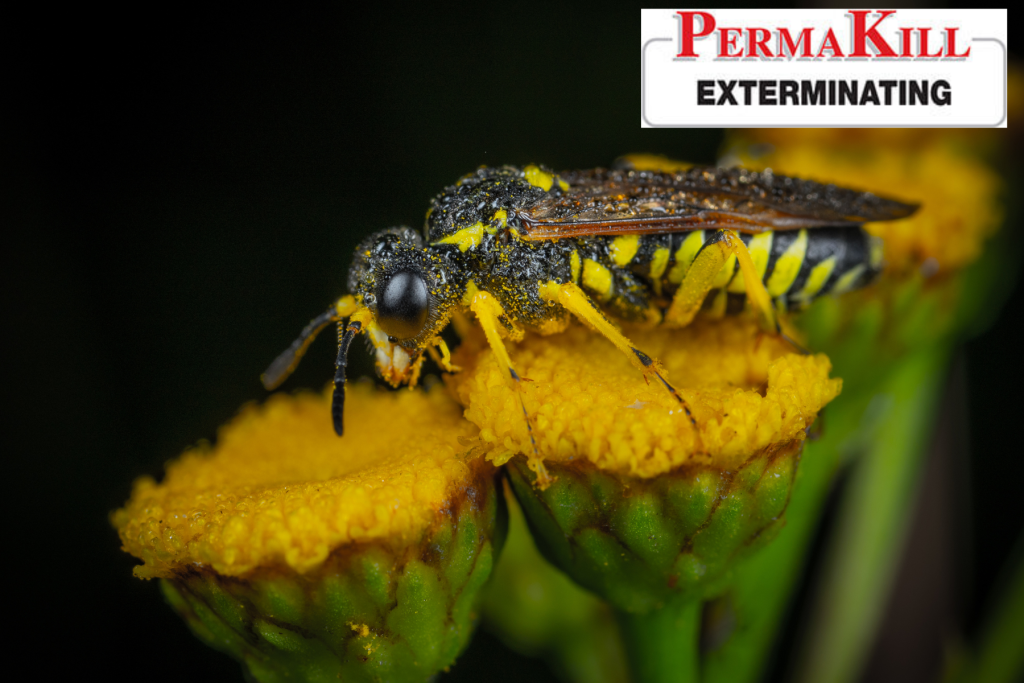
Conclusion
Choosing the right wasp repellent depends on several factors, including the size of the infestation, safety concerns, and the location of the nest. Whether you opt for a chemical solution, a natural repellent, or a combination of both, the key is to act quickly and effectively. If you’re unsure about how to deal with the infestation, it’s always a good idea to contact an exterminator Parsippany NJ to ensure safe and thorough removal. Remember to consider safety, effectiveness, and your specific needs when making your choice. If you’re unsure or dealing with a larger infestation, consider searching for wasp control near me to find local experts who can provide immediate and safe solutions.
About PermaKill Exterminating
At PermaKill Exterminating, we specialize in providing comprehensive pest control solutions, including effective wasp control. Our team is dedicated to offering personalized and eco-friendly pest management services to keep your home and business safe from pests.

